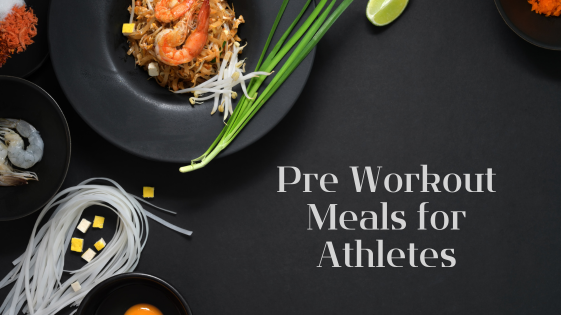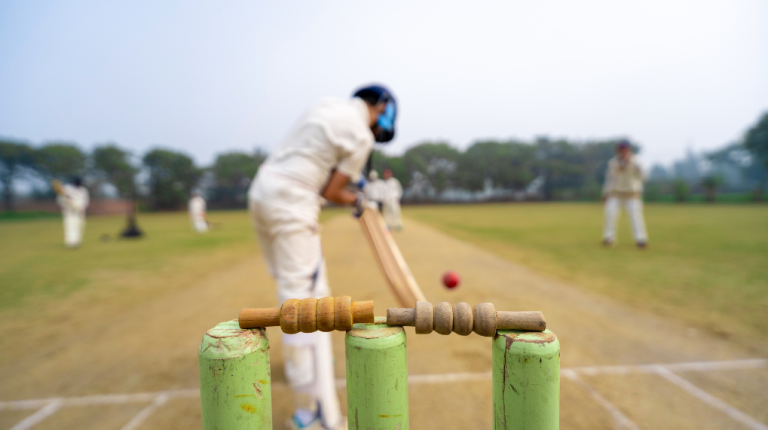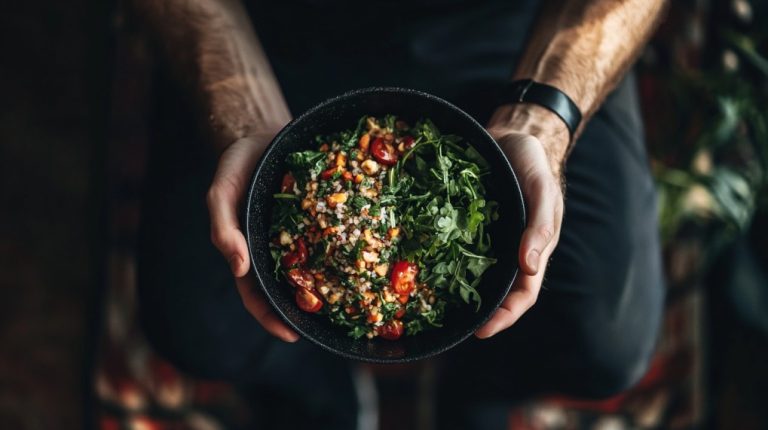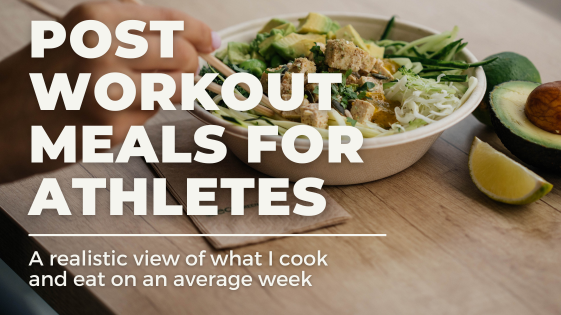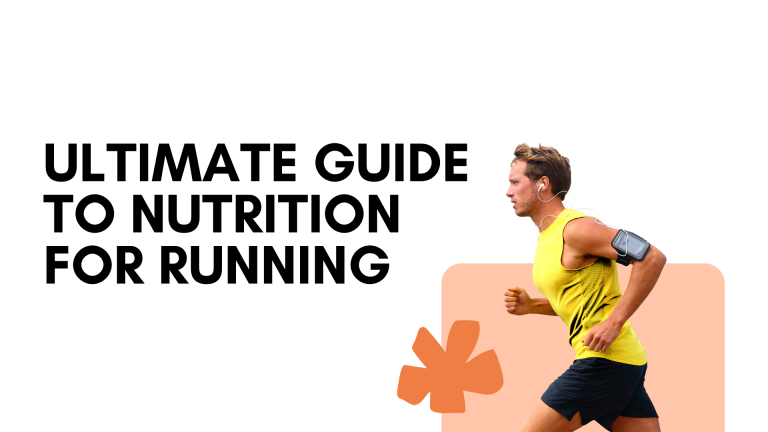The two main cornerstones of a healthy lifestyle are exercise and diet. But can we get better fitness outcomes by aligning our diet and exercise schedules? If yes, what dietary adjustments should we make before, during, and after activities?
It might be difficult to combine a demanding fitness program with an excellent diet. Our “healthy lifestyle plans” are hindered by a variety of circumstances, including irregular exercise, eating at different times of the day, not focusing on foods that promote weight reduction, missing meals, overeating, and snacking in between. Although being flexible can be both a need and a virtue, adhering to a diet and fitness regimen has many benefits.
While frequent exercise continuously burns eaten calories, eating regularly (5-7 times per day) throughout the day maintains healthy blood sugar and energy levels. It’s true that scheduling exercise and eating correctly lays the groundwork for achieving the best possible physical outcomes.
The goal of this article is to help athletes choose the optimal post-workout meals so they may enhance their performance and promote long-term sports success.
Understanding Athlete-Specific Nutritional Needs
Let’s explore how various sports demand different energy and nutrient requirements to support peak performance.
Understanding Athlete-Specific Nutritional Needs
Certain sports have different nutritional and energy needs. For example, while strength athletes need a higher protein consumption to repair their muscles, endurance athletes need a higher carbohydrate intake to sustain their long-duration activities. Optimizing performance, recuperation, and general health of athletes is ensured by customizing diet to meet the specific demands of each sport.
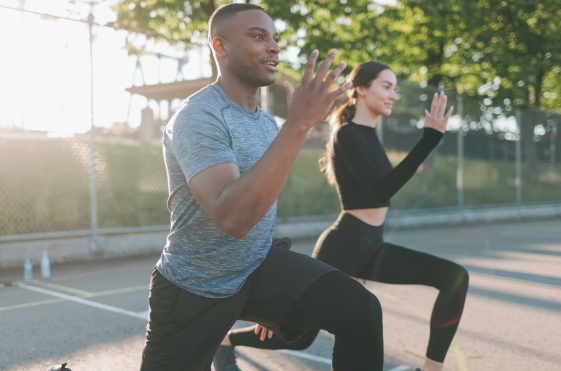 Energy Needs By Sport
Energy Needs By Sport
The energy requirements for various sports range greatly. Whereas activities that emphasize strength and power, like weightlifting, need protein for muscle recovery, endurance sports, like cycling or running, require sustained energy, which puts an emphasis on carbohydrates. Comprehending these distinct energy requirements is essential for formulating a successful nutritional plan for athletes
The Role of macronutrients in Pre-Workout Meals
Athlete performance is largely dependent on proper nutrition, and pre-workout meals are essential for preparing your body for the demands of competition. Let’s examine the functions of the main macronutrients and how they help you achieve your fitness objectives.
Your body uses carbohydrates as its main energy source. They provide your muscles with the energy they need to do high-intensity exercises, giving you the stamina to go through extended sessions. Carbs are the best food to use when lifting weights or hitting the track since they help you stay energized and prevent early exhaustion.
For the maintenance and healing of muscles, proteins are necessary. Protein makes sure that your muscles stay strong and recover rapidly from activity, while carbohydrates fuel your workout. A pre-exercise meal high in protein reduces the breakdown of muscle and prepares the body for recovery after a workout.
Fats offer a steady supply of energy, particularly for longer or lower-intensity workouts. But because they take longer to digest, they should only be eaten in moderation before working out. When engaging in endurance sports, a proper fat balance will help you stay energized without making you feel heavy.
Micronutrients and Hydration
Micronutrients are the supporting cast that makes sure everything works properly while macronutrients take center stage. Electrolytes (sodium, potassium, and magnesium) are essential vitamins and minerals that are necessary for the function of muscles and the creation of energy. These nutrients support the regulation of water levels, muscular contractions, and nerve impulses.
Drinking enough water is also essential. Your body will function at its peak if you properly hydrate before an exercise. Fatigue, cramping, and decreased endurance can result from dehydration. Before your workout, make sure you’re adequately hydrated. For longer or more severe workouts, you might want to consider mixing electrolytes into your water.
Timing and Portion Size Of Pre-Workout Meals
Timing is crucial when it comes to pre-workout nutrition. Depending on the kind and intensity of the exercise, you should eat 30 minutes to 2 hours before. This window of time enables your body to process food and turn it into energy that can be used.
You should modify portion sizes according to your level of exercise. Choose a well-balanced supper that includes carbohydrates, proteins, and a little quantity of fat for a high-intensity workout. A smaller, carb-focused snack can be sufficient if your workout is going to be more casual. Find the ideal portion size for you by experimenting and paying attention to your body.
Food Choices for Peak Performance
Maximizing the benefits of your training depends on your dietary choices. Rich in potassium to avoid muscle cramps and easily digestible carbohydrates, bananas make a great choice. Slow-releasing carbohydrates included in oatmeal help you maintain a constant level of energy. Yogurt is a flexible option for a variety of workouts since it provides a nice balance of protein and carbohydrates.
When choosing your pre-workout nutrition, digestion is a key consideration. Steer clear of fatty or heavy foods that could make you feel sluggish or uncomfortable. Eat only light, stomach-friendly foods that are high in the nutrients your body needs.
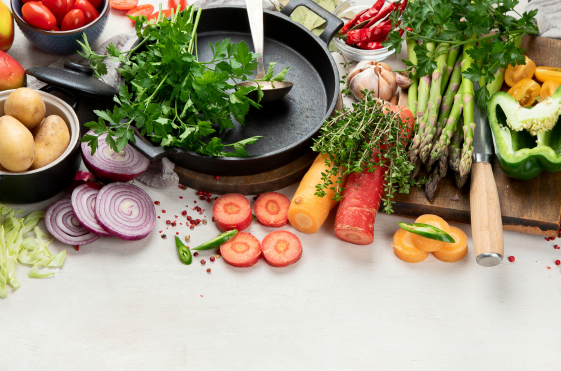 Personalization Depending on Activity and Requirements
Personalization Depending on Activity and Requirements
Just as not every workout is the same, neither should your pre-workout diet be. A meal high in carbohydrates, such as oatmeal with fruit, may help runners as it provides the steady energy required for extended distances. To support strength and recuperation, a weightlifter might, on the other hand, concentrate on a combination of protein and carbohydrates, such a turkey sandwich on whole-grain bread.
Personalization is essential. You’ll learn what suits your body and your sport best by experimenting with different diets and time. Discover the pre-workout regimen that works best for you as an athlete because every athlete is different.
Contact Our Team For Personalised Pre Work Out Meals For Athletes
Sample of Pre-Workout Meals
Try a bowl of porridge with sliced bananas and a sprinkling of honey for endurance athletes. This breakfast delivers rapid energy from the fruit and slow-releasing carbohydrates.
A balanced choice for strength athletes could be a turkey, spinach, and avocado whole-grain wrap. This offers a balance of healthy fats, protein, and carbohydrates to help muscle repair and fuel your exercise.
Conclusion
Including proper nutrition in your pre-workout regimen can have a big impact on your recovery and performance. You may better accomplish your athletic goals by remaining hydrated, knowing the importance of macronutrients, and planning your meals according to your sport. Make eating a priority and allow it to drive your success.

